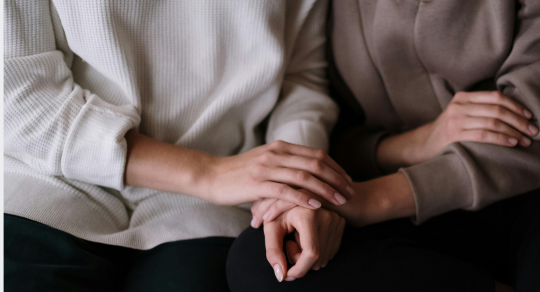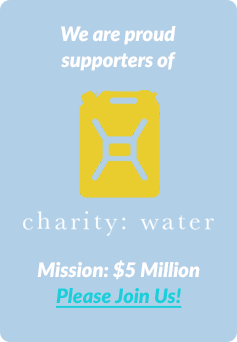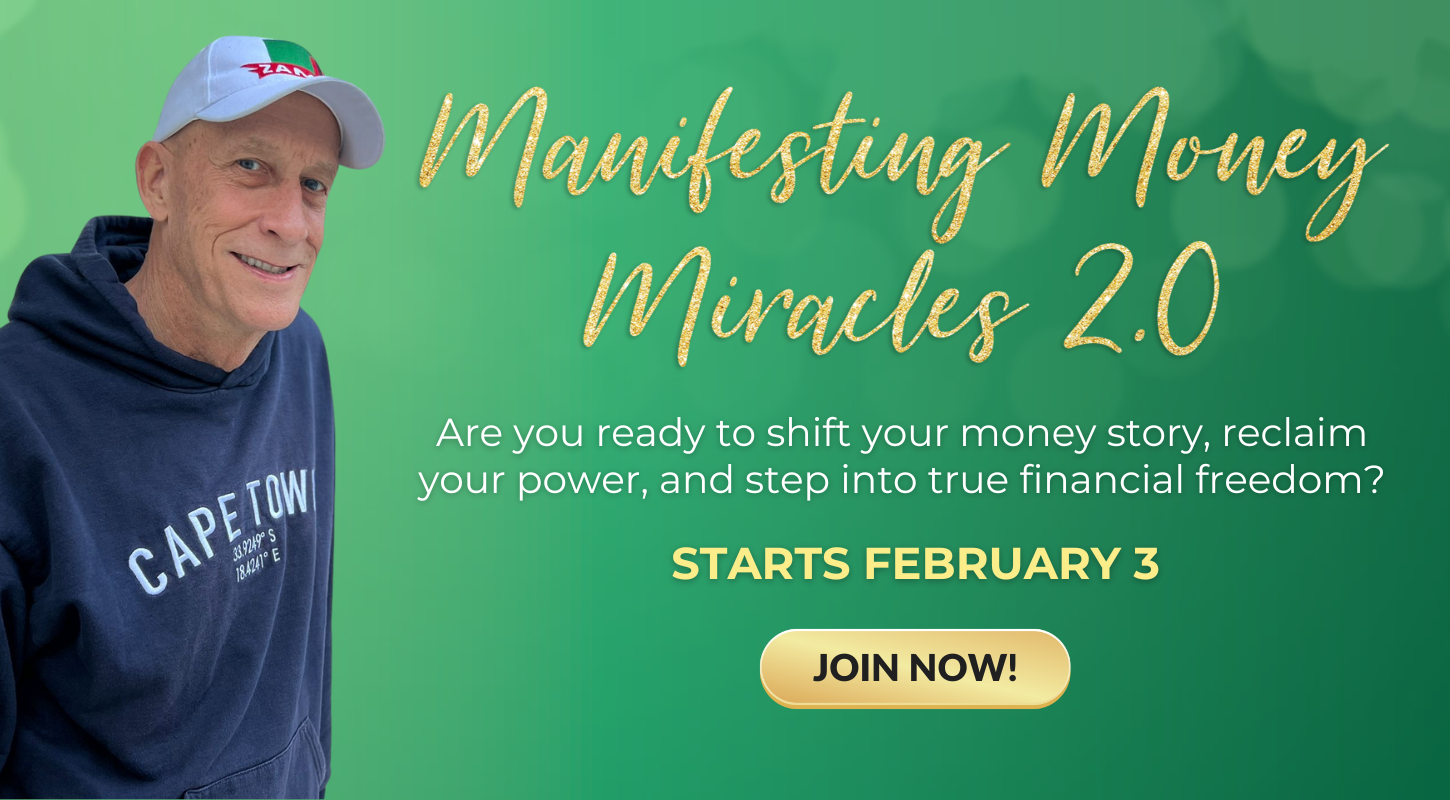Ten years ago, I had a surgery that changed my life. Fortunately, it took away the echo in my head, dizziness from loud noises, and hearing my own heartbeat.
After the procedure, my brain compensated for the lack of a middle ear, and with practice I could walk again without the initial post-surgical whirlies. But my brain wasn’t able to rewire to factory settings, so I was left with vertigo, a sensation of pitching forward upon descending stairs or a steep hill without a banister.
Because the world wasn’t built to ADA standards and nature trails usually don’t have hand railings, I’ve experienced vertigo in lots of places. Instinct takes over and I unceremoniously plop onto my butt. Those behind me exclaim with alarm and I’m mortified.
Perhaps you can relate to overpowering panic resulting from a physical or emotional issue. Once experienced, any whiff of that dreaded sensation leads to avoidance. I stopped using stairs if a ramp was available and ceased walking or hiking where downhill slopes felt scary.
I became anxious in anticipation of having to navigate bleachers or an auditorium balcony with nothing to hold on to. Then came the self-blame—beating myself up for being inadequate and unable to do what most people can with ease. What a waste of energy!
I recently took a trip of a lifetime that I knew would present physical tests. I was ready for the external adventure but had no idea the trip would be an internal journey as well. The challenge was to rethink my physical limits. As a result, I engaged in activities I’d assumed were impossible. Now I wonder what else is achievable if I confront my limiting beliefs.
Here is a distillation of what I learned:
- Accept the current condition.
Blaming myself for not having the abilities I used to have is pointless. Today’s reality does not have to predict the future, but it is the current state. - Ask for help and stop apologizing for it.
This meant asking to put my hand on someone’s shoulder as touch helps my brain figure out where I am in space when descending stairs or hills. I’d inaccurately assumed the request was an inconvenience, however, people like to help and it makes them feel good. - Notice and accept the help offered.
How many times has my ego kept me from seeing or taking advantage of what is right in front of me? I’ve watched loved ones refuse hearing aids, canes, walkers, or wheelchairs because of what they thought it said about their character or age. Was I going to be one of them? No. If someone offered a hand, I took it. I pulled out the travel cane and used it. - Trust that the Universe has you.
Isn’t that the big lesson? Help is there. Sometimes it wasn’t what I wanted but it was always what I needed. The key was to notice, since assistance might not appear the way I thought it should or would. I documented examples in my gratitude journal to help build my confidence and trust. - Stop anticipating.
I’ve wasted far too much time and energy on anxiety. If I found myself preemptively solving that which had yet to occur, I’d remind myself that help had shown up every single time. Source had this well under control; I could let go and enjoy the moment.
It takes courage to change habitual responses. No one else can ever understand how brave you are to face your fears and decide not to be controlled by them. When we gain confidence that if we ask, look for, and accept the help offered, we’re able to release the need to solve problems that haven’t even shown up.
The more we experience the peace of knowing Source has us, the more we’re able to offer a hand to the next person who needs a reminder of these universal truths.








